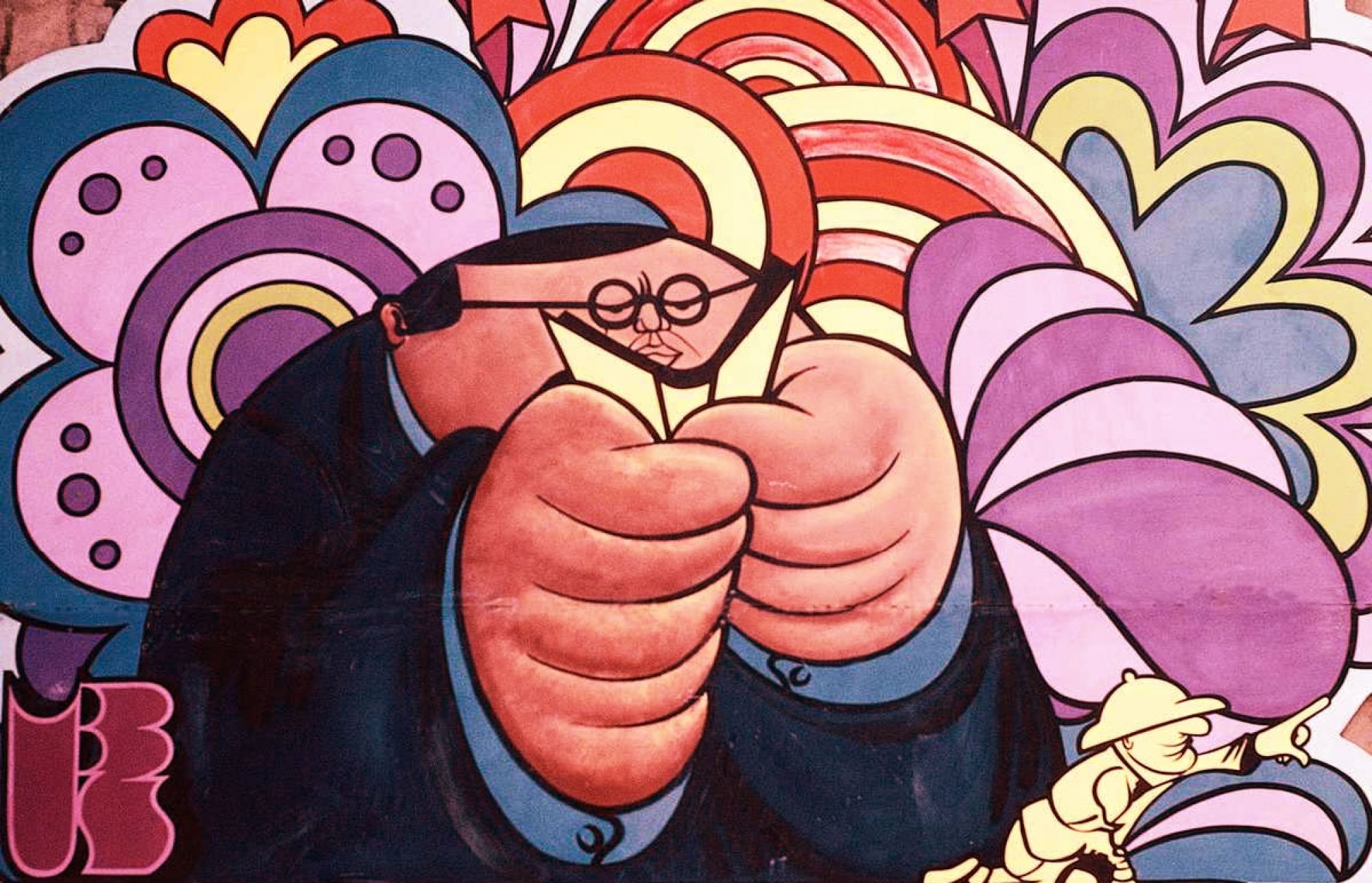Published in 1975, The Surface of Earth is the monumental narrative that charts the slow, inextricable twining of the Mayfield and Kendal families. Set in the plain of North Carolina and the coast and hills of Virginia from 1903 to 1944, it chronicles the marriage of Forrest Mayfield and Eva Kendal, the hard birth of their son, Eva’s return to her father after her mother’s death, and the lives of two succeeding generations.
The Surface of Earth is the work of one of America’s supreme masters of fiction, a journey across time and the poignantly evoked America of the first half of our century that explores the mysterious topography of the powers of love, home, and identity. In his evocation of the hungers, defeats, and rewards of individuals in moments of dark solitude and radiant union, Price has created an enduring literary testament to the range of human life.
( from the sleeve, 491 pages )

